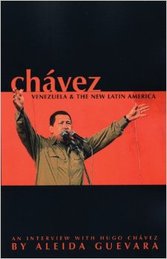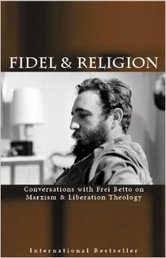1955 declaration of Bandung
In Bandung, Indonesia in 1955, representatives of twenty-nine newly independent Asian and African nations met. Sukarno of Indonesia was the leading force; Nehru of India, Nasser of Egypt, Zhou En-lai of China, and U Nu of Burma were among its prominent participants. The Bandung conference declared the importance of Third World unity in opposition to European colonialism and Western imperialism. It advocated economic cooperation rather than exploitation as the base of international relations. It sought to break the established colonial economic relation, in which the Third World nations export raw materials and import manufactured goods, and thus, it called for the diversification of the economies of the formerly colonized nations and the development of their national industries. It supported the regulation of international capital flows. It advocated international control of arms, the reduction of military forces, and the prohibition of nuclear arms. It denounced cultural imperialism and the suppression of national cultures. The Bandung conference had a tremendous impact on the peoples of the Third World. As Vijay Prashad writes, “From Belgrade to Tokyo, from Cairo to Dar es Salaam, politicians and intellectuals began to speak of the ‘Bandung spirit.’”
In Bandung, Indonesia in 1955, representatives of twenty-nine newly independent Asian and African nations met. Sukarno of Indonesia was the leading force; Nehru of India, Nasser of Egypt, Zhou En-lai of China, and U Nu of Burma were among its prominent participants. The Bandung conference declared the importance of Third World unity in opposition to European colonialism and Western imperialism. It advocated economic cooperation rather than exploitation as the base of international relations. It sought to break the established colonial economic relation, in which the Third World nations export raw materials and import manufactured goods, and thus, it called for the diversification of the economies of the formerly colonized nations and the development of their national industries. It supported the regulation of international capital flows. It advocated international control of arms, the reduction of military forces, and the prohibition of nuclear arms. It denounced cultural imperialism and the suppression of national cultures. The Bandung conference had a tremendous impact on the peoples of the Third World. As Vijay Prashad writes, “From Belgrade to Tokyo, from Cairo to Dar es Salaam, politicians and intellectuals began to speak of the ‘Bandung spirit.’”





